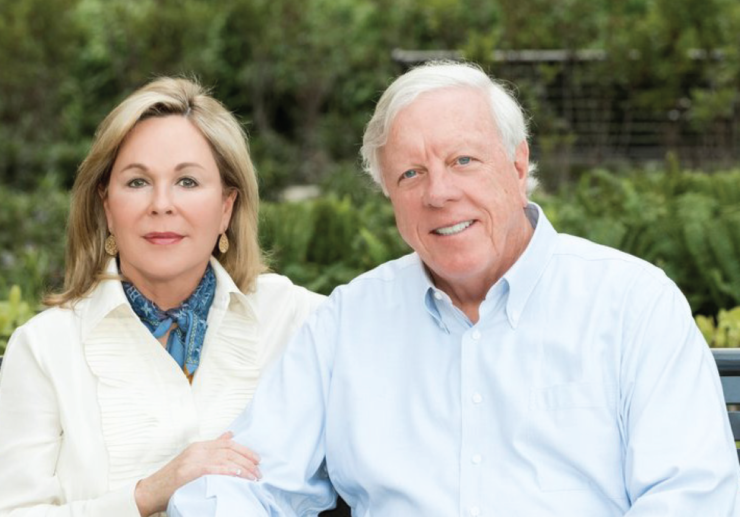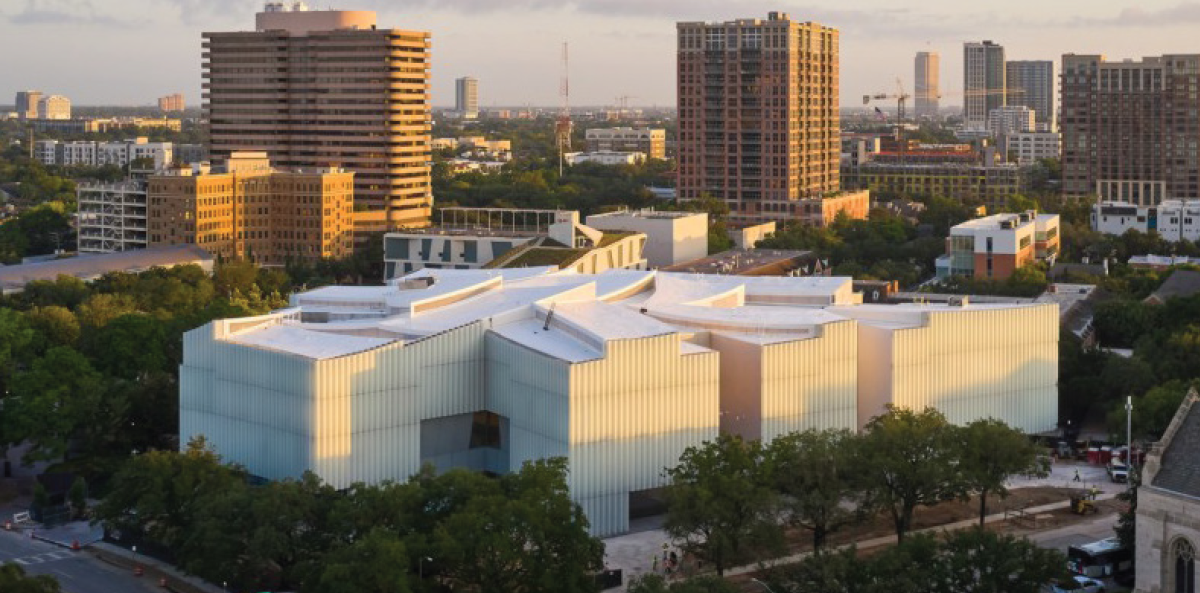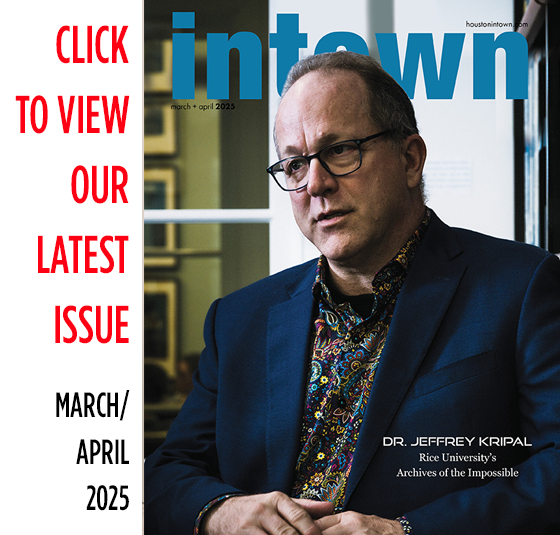Persons of the Year – Philanthropy: Richard Kinder

In 1996, as many remember, Enron was one of the fastest-growing companies in the nation. Richard Kinder was a 52-year-old lawyer supposed to be named its CEO. Kinder, who was Enron’s president then, and his college buddy at the University of Missouri, Ken Lay, had a succession plan. At the end of 1996, Lay would remain at Enron as chairman but would hand over his CEO title and the job of running the company’s day-to-day operations to Kinder. Plenty of people believe that if Kinder had stayed at Enron, the company’s implosion never would have happened, but what he has done since his snub has enabled him and his wife to become the philanthropists they are today.
During Enron’s selloff of assets and unhappiness about not becoming CEO, Kinder was approached by Bill Morgan about starting a business. Morgan was vying to buy some old-school Enron assets that they wanted to unload. They ended up buying a couple of natural gas and carbon dioxide pipelines and a rail-to-barge coal transfer terminal when Morgan asked Kinder to join him. Previously, Kinder had been in real estate and had even filed for bankruptcy in 1980 (he later repaid every penny years after) before his big break. Previously, Kinder had worked his way through the ranks at Enron and was President and COO in 1990. He was poised to be named CEO when he resigned in 1996. Upon his departure, Ken Lay later replaced him with Jeff Skilling, and the Enron implosion began.
Fast forward to 2023, and Kinder Morgan, Inc. is one of North America’s largest energy infrastructure companies. The company specializes in owning and controlling oil and gas pipelines and terminals. Kinder Morgan owns an interest in or operates approximately 83,000 miles of pipelines and 143 terminals.
The company reported in the first quarter of 2023 a net income attributable of $679 million, compared to $667 million in the first quarter of 2022.
“For the sixth year in a row, we are very pleased to announce another increase in the dividend we provide our shareholders,” said Executive Chairman Richard D. Kinder. “In addition to increasing the dividend this quarter, the company repurchased approximately 6.8 million shares for $113 million at an average price of $16.62 per share.”
According to Chief Executive Officer Steve Kean. “Our natural gas pipeline network comprises some 70,000 miles of interstate and intrastate pipelines that move about 40% of U.S. natural gas production, along with 700 billion cubic feet (Bcf) of natural gas storage, comprising 15% of total U.S. natural gas storage capacity.
“While the U.S. Congress debates much-needed infrastructure permitting reform, the system we operate under today makes it difficult to permit new natural gas pipelines in much of the country. That, in turn, increases the value of our existing natural gas pipeline systems, which results in a favorable recontracting environment,” continued Kean. “With a large portion of our existing natural gas pipeline network in Texas and Louisiana, we also benefit from our ability to expand to meet growing demand in the most infrastructure-friendly region of the country.
Today, Rich Kinder is having a new kind of impact on Houston. His mission is to enrich the lives of Greater Houston people with transformational grants that impact urban green space, education, and quality of life.

Kinder Foundation Giving Highlights
Memorial Park
To accelerate the implementation of the visionary Memorial Park Master Plan, the Kinder Foundation offered a grant of $70 million to Memorial Park Conservancy in April 2018. This grant catalyzed a public-private partnership with the City of Houston. The resulting “Ten-Year Plan” provides capital funds for many of the Master Plan signature projects, critical connections over the next ten years, and committed resources for their long-term care.
MFAH
In 2015, the Museum of Fine Arts,Houston, unveiled plans for the redevelopment of its 14-acre campus and a new home for the Glassell School of Art.
The foundation committed a principal grant of $50 million and 2018, announced an additional $25 million challenge grant to complete the capital campaign goal of $450 million.
On November 21, 2020, the Museum of Fine Arts, Houston, opened the Nancy and Rich Kinder Building to the public. To house the display of the Museum’s outstanding and fast-growing international collections of modern and contemporary art, the 237,000-square-foot Kinder Building came to fruition with design by Steven Holl, Principal and Lead Designer of Steven Holl Architects.
Education
Kinder High School for the Performing and Visual Arts
HISD received substantial funding through a bond election to build a new HSPVA campus in downtown Houston with a Kinder lead grant of $7.5 million toward a $10 million capital campaign led by HSPVA Friends—the non-profit dedicated to ensuring students receive the best arts education in a state-of-the-art facility.
PRH Preservation, Inc.
With initial funding of $2 million from the foundation in 2018, Project Row Houses formed PRH Preservation, Inc., whose mission is to maintain and enhance existing buildings in Houston’s Northern Third Ward to ensure long-term, safe, and affordable housing for its residents.























